Learn the essential steps in the partnership formation process to create a successful business partnership. Understand legal considerations, financial planning, and how to structure your partnership for long-term success.
Forming a partnership can be an excellent way to pool resources, expertise, and capital to start a business. However, establishing a partnership requires careful planning and legal structuring to ensure long-term success.
This guide covers the essential steps in the partnership formation process, along with legal and financial considerations to help you build a solid foundation for your business.
Partnership Formation Process: Key Steps to Get Started
The partnership formation process involves several key steps that are critical for ensuring the business’s success. Here’s a simple outline of the necessary steps:
- Define the partnership: Clarify the goals, roles, and responsibilities of each partner.
- Choose a partnership structure: Decide whether to form a general partnership, limited partnership, or limited liability partnership (LLP).
- Draft a partnership agreement: Create a legally binding document that outlines the terms of the partnership.
- Register the business: File the necessary paperwork with the state and obtain the required licenses and permits.
- Set up financial systems: Establish a business bank account, accounting systems, and tax filings for the partnership.

Legal Considerations When Forming a Business Partnership
Legal structure plays a vital role in how your partnership will operate and be taxed. Some key legal considerations include:
- Liability: General partnerships offer no liability protection, while limited partnerships and LLPs can limit personal liability for the partners.
- Taxation: Partnerships are usually pass-through entities, meaning profits and losses are passed directly to the partners, who report them on their individual tax returns.
- Dispute resolution: Ensure the partnership agreement includes clear methods for resolving disputes between partners.
- Exit strategies: Plan for how partners can leave the business, and how their share of the partnership will be handled.
Financial Planning and Agreements for a Successful Partnership
Proper financial planning is critical for a partnership’s success. Partners must agree on financial contributions, profit-sharing, and future investments. Key financial considerations include:
- Capital contributions: Each partner’s initial investment and how future contributions will be handled.
- Profit distribution: Decide how profits and losses will be divided among the partners.
- Taxation: Partnerships are taxed differently from corporations. Partners should work with a tax professional to ensure compliance and optimal tax strategies.
- Financial agreements: Establish guidelines for managing business expenses, paying salaries, and reinvesting in the business.

Common Challenges in Business Partnerships and How to Overcome Them
Like any business structure, partnerships face unique challenges. However, these can often be overcome with clear communication and planning. Some common challenges include:
- Disagreements between partners: Establishing a clear partnership agreement from the start can help prevent conflicts.
- Uneven workloads: Ensure that all partners contribute equally or that workload imbalances are addressed and compensated fairly.
- Differences in vision: Regular meetings and open communication about the company’s direction can help align partners’ goals.
- Exit strategy issues: Partners should agree on how to handle the exit of a partner, whether through retirement, selling shares, or other means.
How to Structure a Partnership for Long-Term Success
Choosing the right structure for your partnership is key to ensuring its longevity. Here are some tips for structuring your partnership for long-term success:
- Clearly define roles: Ensure each partner has well-defined responsibilities to avoid overlap or confusion.
- Establish decision-making processes: Outline how decisions will be made, whether through unanimous agreement or by assigning specific roles.
- Create accountability mechanisms: Regularly assess each partner’s contributions and performance.
- Develop a growth strategy: Ensure that the partnership has a roadmap for growth, including hiring staff, expanding services, and entering new markets.

Strengthen Your Business Partnership with Expert Support from YCCTAX
Building a successful partnership requires careful planning, legal expertise, and ongoing financial management. At YCCTAX, we offer comprehensive business partnership formation and tax services to ensure that your partnership is set up for long-term success. Contact our team today to learn how we can help you structure and grow your partnership effectively.









